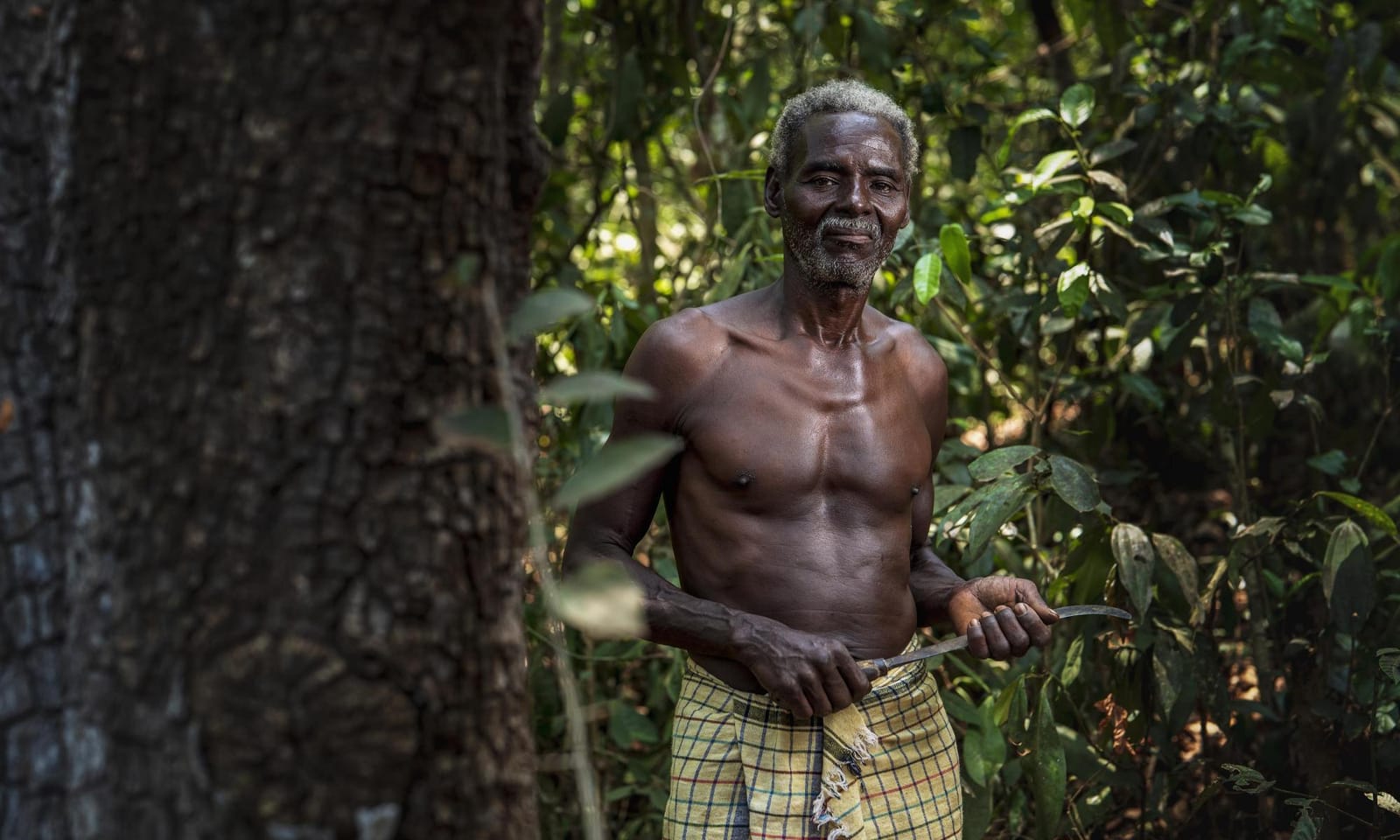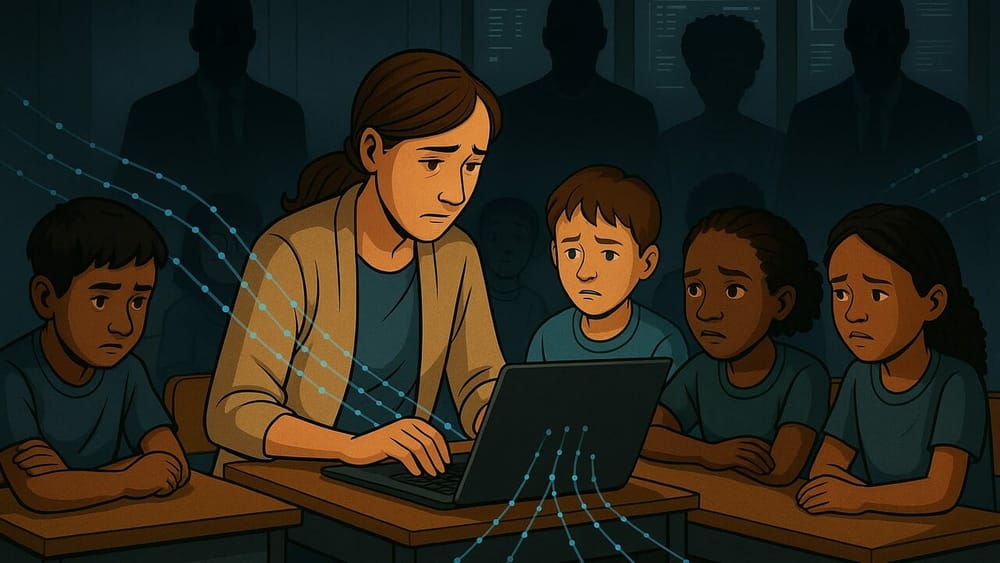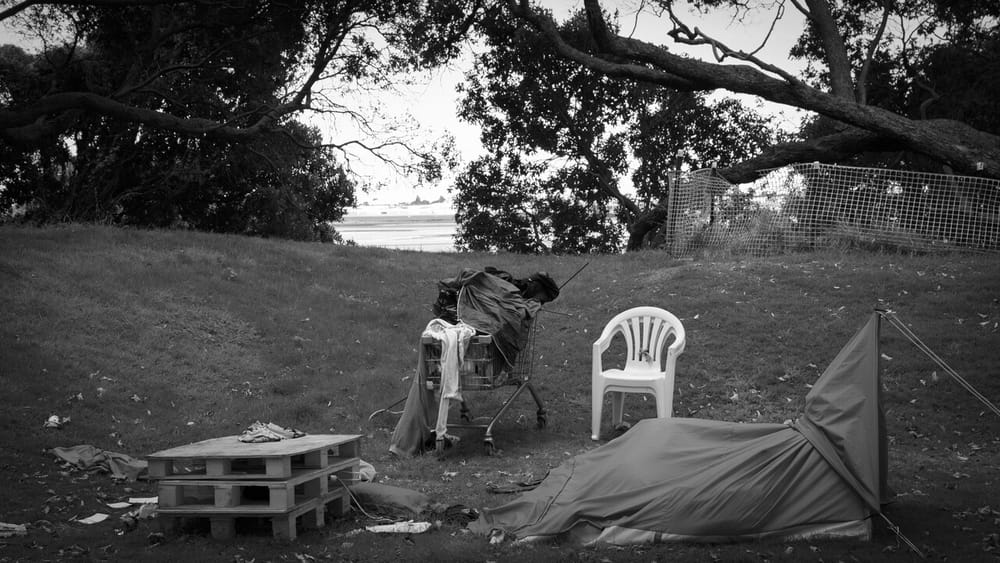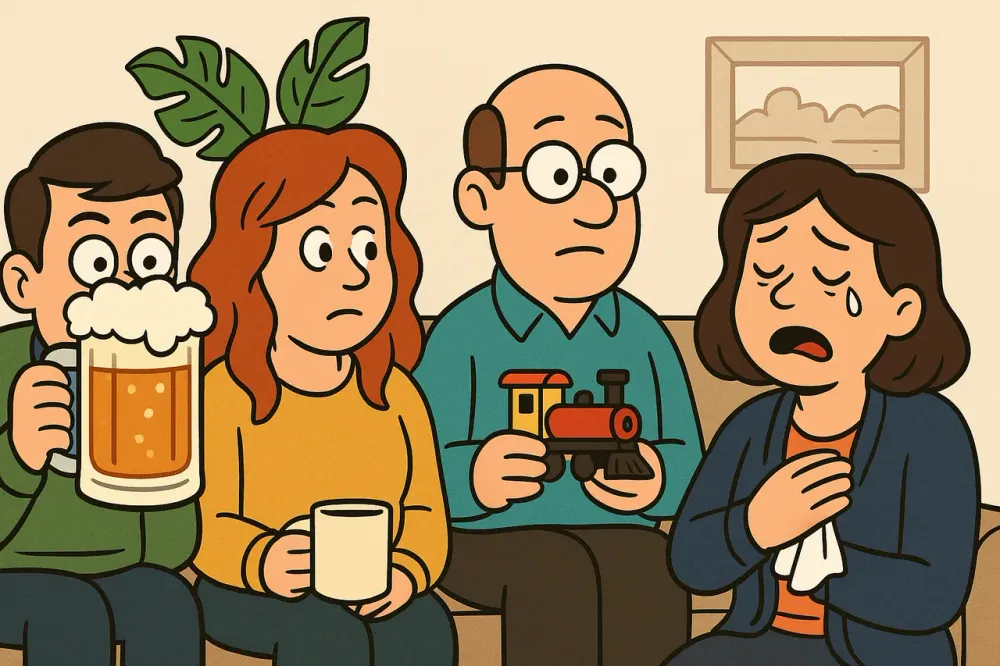The Tribal Way
The Tribal Way is a series of photo essays that dive into the world of tribal communities and view their histories, lifestyles and cultures, and their current place in the modern world.
In the verdant forests of Southern India, nestled in the Western Ghats mountain range, resides a tribe of people who live far from the continent of their ancestry, Africa. These people are known as the Siddi.
Forebears of the Siddi were the Bantu peoples of Southeast Africa, many of whom were brought to India 300 to 500 years ago as captives of the Portuguese slave trade. Those who eventually escaped or were freed managed to rebuild their displaced communities in different parts of India (Karnataka, Gujarat and Hyderabad) and Pakistan (Makran and Karachi). Today, Siddi culture is not rigid or uniform: they speak various languages such as Konkani, Kannada, Hindi, Urdu and Gujarati, and are known to practise Islam, Hinduism as well as Christianity.
Yet through all these cultural variations, which some historians partially attribute to their forced uprooting, the Siddi’s shared African origin and somewhat solitary nature (a consequence of their efforts to preserve their culture and identity) places them in a unique position among other inhabitants of South Asia. When Bengaluru-based photographer and filmmaker Ashwin Pk set out beyond the town of Yellapur to visually document the Siddi in Karnataka, it was clear that their way of life vastly differed from that of bustling Bengaluru. He noted the dirt roads, the mud huts, the small household farms and the cuisine that departed from the surrounding local fare. And though the Siddi may seem to live a world apart, he also appreciated the welcoming nature of the people he met, stating that they would often offer tea or snacks, or help introduce the camera crew to neighbouring families.
That the Siddi have maintained a distinct identity, through their musical instruments (traditionally African drum rhythms and percussion instruments), musical performances (which use call-and-response singing), dance, cultural festivals and ceremonies as well as their dialect Siddi Basha (which contains words tracing back to the Bantu languages of Sub-Saharan Africa), while continually adapting to their environment over the years is remarkable, to say the least. In a Deccan Herald article by Ashwini Jain, environmentalist Dinesh Holla says, “It’s incredible that they have preserved and developed their cultural identity.”
Though this distinct identity can be attributed to some level of insularity, many Siddi are actively striving to connect with those outside the tribe. Jain states some Siddi are taking up the art of performance, sharing their traditional dances, instruments, and attire with the hope of “building a cultural bridge.” In the following photos, Ashwin Pk extends that bridge and reveals to us a rarely seen side of India with this glimpse into their lives.
A woman sitting in her kitchen. A towel is wrapped around her head to dry her wet hair.
A boy with a pet Malabar giant squirrel. When we visited his village, he and his friends were feeding this squirrel that they rescued when it was young.
A young man.
“I belong here.” This curious boy was so eager to showcase his jungle skills to us that within no time, he was on this treetop.
A typical Siddi family from Yellapur in the state of Karnataka.
A little girl smiles into the camera as she holds a kitten.
A small-scale cattle farmer from Yellapur.







